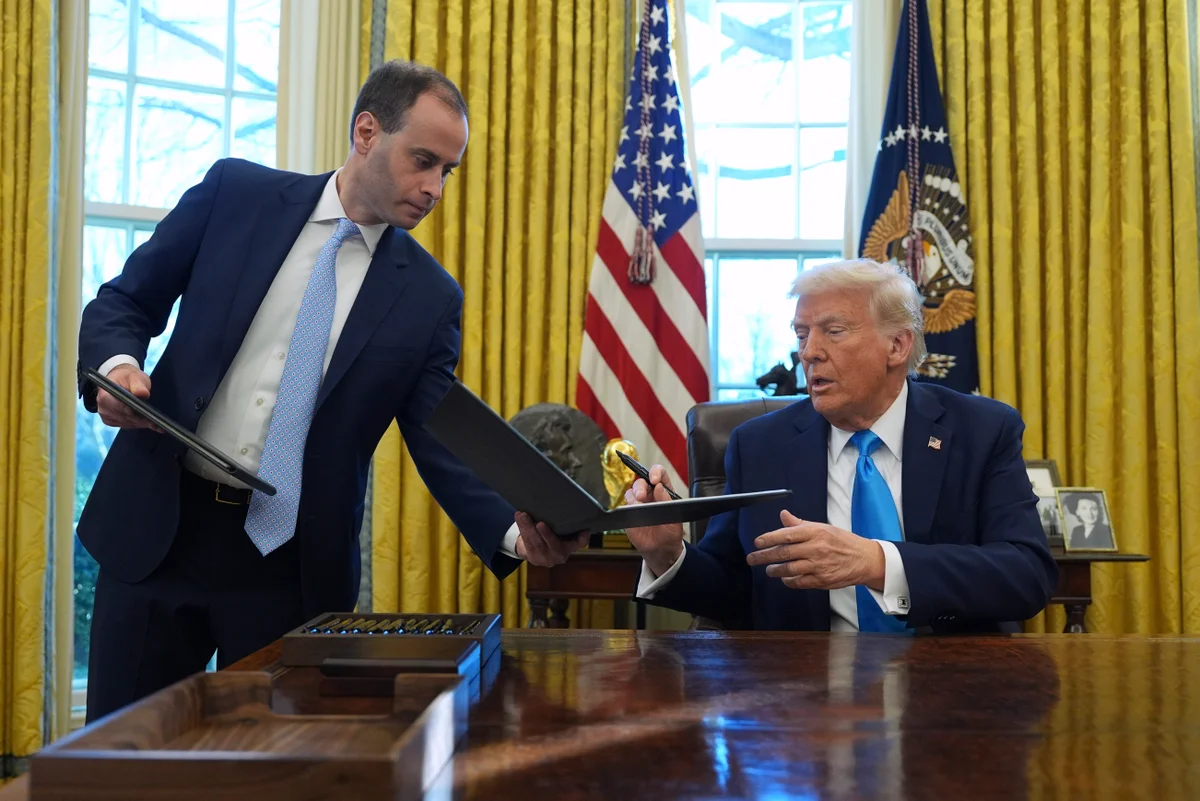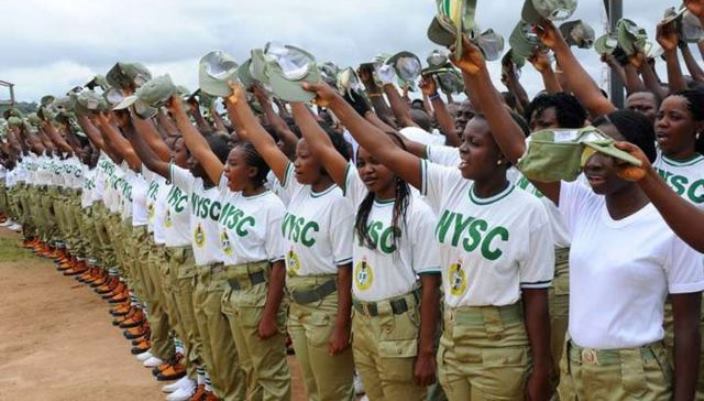Chris Koney’s column: Ghana Convention 2025: A strategic diaspora dialogue in a defining era
By Francis
Copyright thebftonline

As the world converges in New York City, the business capital of the world, this September for the 80th United Nations General Assembly (UNGA80), Ghana will once again be in the spotlight—not only for its diplomatic presence but also through the staging of the Ghana Convention 2025 (Diaspora Dialogue Edition).
This timely gathering of policy-makers, diaspora leaders, investors and civic actors could not be more relevant in an era shaped by shifting trade dynamics, the promise of the African Continental Free Trade Area (AfCFTA) and Ghana’s steady rise as a beacon of economic and cultural diplomacy.
A world at a crossroads – Trade wars and global realignment
The global economy is in flux. Intensifying trade wars between major powers, disruptions in global supply chains and growing calls for reshoring industries have placed emerging economies in a delicate position. For Ghana, this is both a challenge and an opportunity. The uncertainty in traditional markets has rekindled interest in South-South cooperation and strengthened the case for Africa’s own trade integration.
It is against this backdrop that the Ghana Convention at UNGA80 becomes significant. Positioned as a platform for dialogue and partnership, it underscores Ghana’s role as a credible voice in bridging Africa with its diaspora and the global economy. By convening conversations on diaspora investment, innovation and cultural diplomacy, the convention reinforces the message that Ghana is not a passive participant but a proactive architect in shaping a new global order.
AfCFTA – Ghana’s strategic leverage
Ghana’s hosting of the AfCFTA Secretariat in Accra is a strategic advantage. It speaks to the country’s deliberate policy choices—anchored in stability, openness and foresight. The convention builds on this by demonstrating to the diaspora and global investors that Ghana is well-positioned as the gateway to Africa’s 1.4 billion-person market.
Panels on diaspora investment and innovation are expected to emphasise how Ghanaians abroad can move beyond remittances into structured investments—venture capital, technology transfer and skills mobility. Such engagements will not only deepen the AfCFTA agenda but also ensure that the diaspora becomes a vital stakeholder in its success.
Diaspora direct investments and skills transfer
Diaspora investments and skills transfer represent one of Ghana’s most strategic opportunities for sustainable growth, moving beyond remittances into structured capital flows, venture creation and human capital development. With over three million Ghanaians living abroad, the potential lies not only in their financial resources but also in the expertise, networks and innovations they have acquired globally.
By channelling diaspora capital into sectors such as agribusiness, Fintech, renewable energy and creative industries while facilitating the transfer of skills through mentorship, joint ventures and knowledge exchange, Ghana can accelerate industrialisation, enhance competitiveness under the 24-Hour Economy and Accelerated Export Development and build globally scalable enterprises. In this way, the diaspora becomes a catalyst for both economic transformation and national resilience.
Ghana’s shining policies and the promise of soft power
Over the past decade, Ghana has positioned itself as a global reference point for democratic consolidation, energy transition and creative industry development. Flagship programmes in digitisation, renewable energy, agribusiness and industrialisation have made Ghana attractive for partnerships.
The 24-Hour Economy, Accelerated Export Development, Black Star Experience, Adwumawura, the Apprenticeship Program, etc. are examples of the stellar programmes and policies this government must share with the world to attract the needed human resources and financial resources. Yet, perhaps equally significant is Ghana’s soft power—its ability to leverage culture, history and values to project influence.
The convention’s focus on cultural and economic diplomacy recognises this dimension. From film and music to heritage tourism, Ghana has a comparative advantage. Civic society—think tanks, NGOs, cultural institutions and business associations—plays a critical role here. By amplifying Ghana’s story abroad, they provide the credibility and grassroots linkages that government alone cannot achieve.
The World Cup 2026 – A sports tourism case study
Sports remain an underexplored yet powerful tool of economic diplomacy. With the FIFA World Cup 2026 in the USA, Canada and Mexico fast approaching, the Ghana Convention’s panel on sports tourism is more than symbolic.
It illustrates how sports can be harnessed to attract tourism, build bilateral partnerships and engage youths in enterprise. The global appeal of Ghanaian athletes, coupled with diaspora enthusiasm, offers a platform to translate sporting passion into economic dividends.
Why the Ghana Convention matters now
In a time of global uncertainty, countries that can combine policy credibility, diaspora engagement, economic and cultural diplomacy will stand out. The Ghana Convention 2025 provides a rare convergence of all three. It is not merely an event but a statement: that Ghana recognises the power of its diaspora, understands the value of its culture and is prepared to position itself as a hub of investment, innovation and influence.
The UNGA is often about speeches and resolutions, but the Ghana Convention reminds us that beyond diplomacy lies the work of building tangible partnerships. It is here that Ghana can showcase its readiness to lead by example—through constructive dialogue, practical deals and the mobilisation of its most valuable asset: its people at home and abroad.
Conclusion – Civic society as a strategic partner
Ultimately, the success of the Ghana Convention will not rest solely on government. Civic society—business chambers, diaspora organisations, universities, cultural groups—must be the co-authors of Ghana’s international narrative. In an era of trade wars, shifting alliances and continental integration, their role in amplifying Ghana’s story is indispensable.
At UNGA80, Ghana has an opportunity not just to participate in global discussions but to shape them. The Ghana Convention 2025 is the platform that makes this possible. The world will be watching. The diaspora is ready. And Ghana, through a blend of policy, culture and people-driven diplomacy, has never been better positioned to shine.



